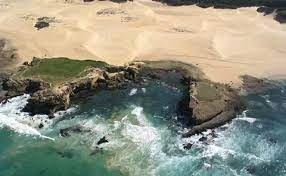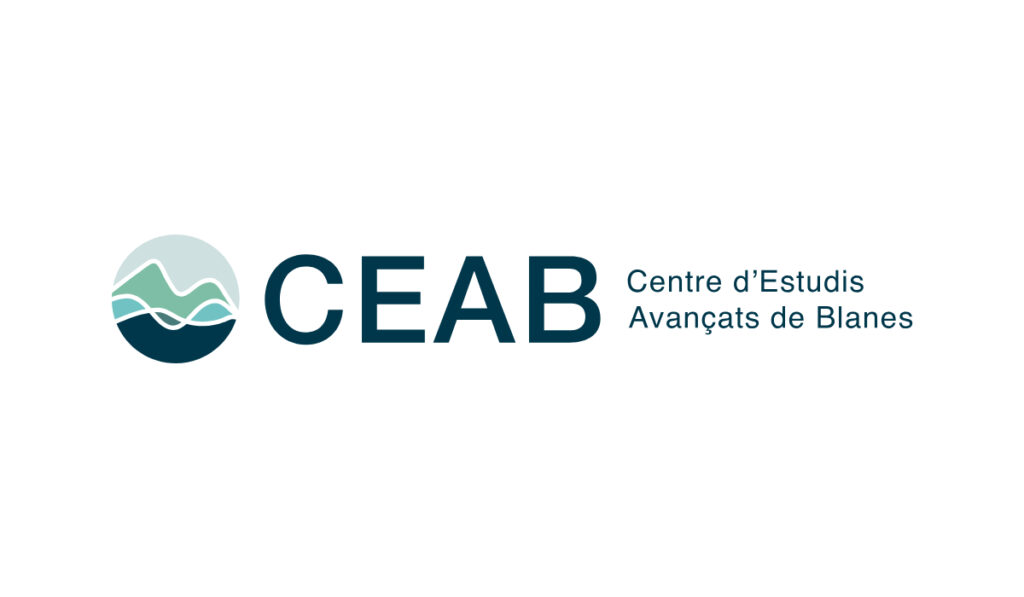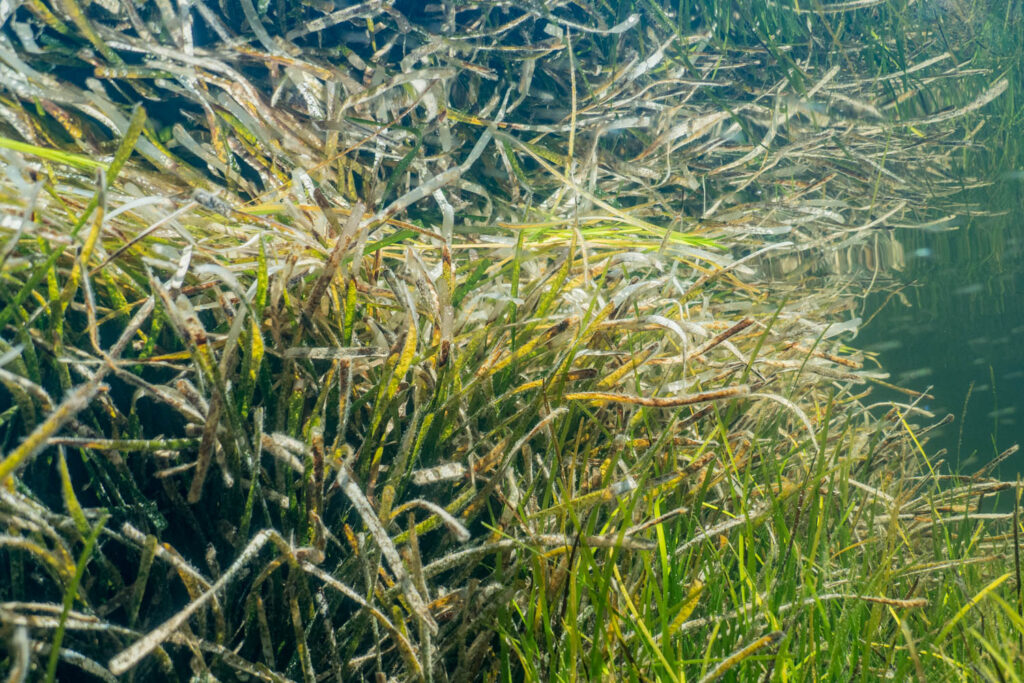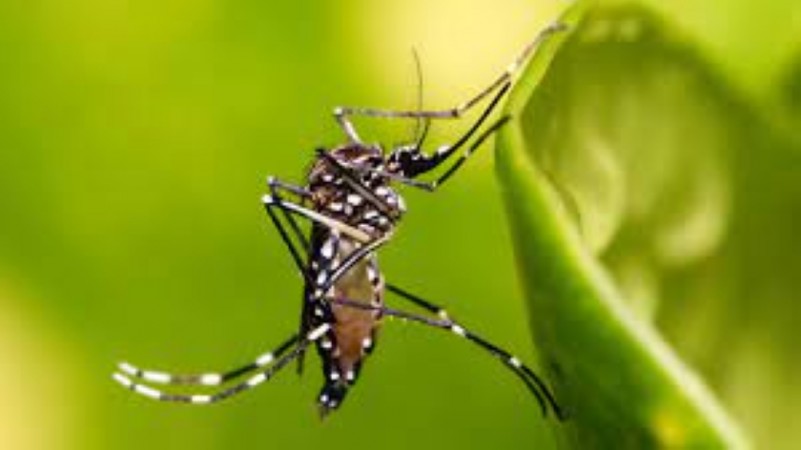The project aims to study the dynamics of biological invasions in aquatic ecosystems. By analyzing the different stages of an invasion (from introduction to expansion), the researchers seek to identify the factors that influence the success of invasive species in various aquatic environments. This study provides a deeper understanding of how biological invasions impact aquatic ecosystems over time and across different geographical spaces, and how these dynamics can be managed for biodiversity conservation.
Temporal dynamics of biological invasions along environmental gradients (ICOOP)
ICOOP

By analyzing the different stages of an invasion (from introduction to expansion), the researchers seek to identify the factors that influence the success of invasive species in various aquatic environments.
General project information
Development period
Start
2025
End
2026
Department
Research group
Research areas and themes
Responsible researcher
Other researchers and involved staff
Funding entities

Institutions/collaborators




Social networks of the project
You may also be interested in
DengRIP is a community-centered project addressing dengue and other arboviral diseases in West Africa through improved mosquito surveillance, risk prediction, and vector control. It combines scientific research, citizen participation, and local capacity building to strengthen outbreak preparedness in urban areas such as Ouagadougou.
This project is being developed within the framework of an i-COOP grant, a CSIC Scientific Cooperation Program for Development, which aims to stimulate collaboration between CSIC research groups and international research groups in countries receiving Official Development Assistance through training, work, and specialization stays for research groups from participating entities.
Aquatic non-native species are spreading globally due to human activity, yet little is known about how these invasions occur and evolve. This pioneering project uses environmental DNA (eDNA) to study the phases of biological invasion in various aquatic ecosystems, aiming to better understand these processes and provide tools to tackle the biodiversity crisis.








